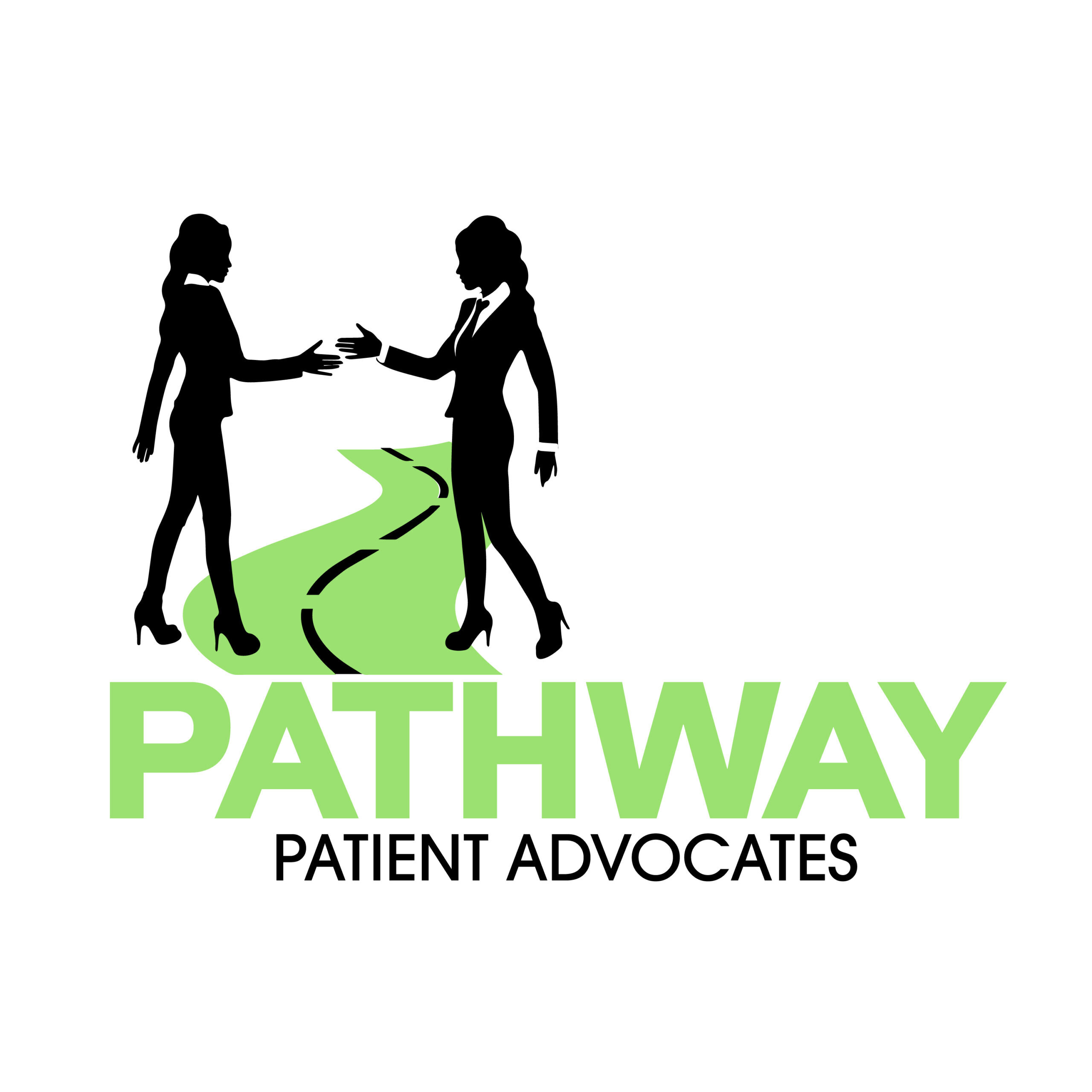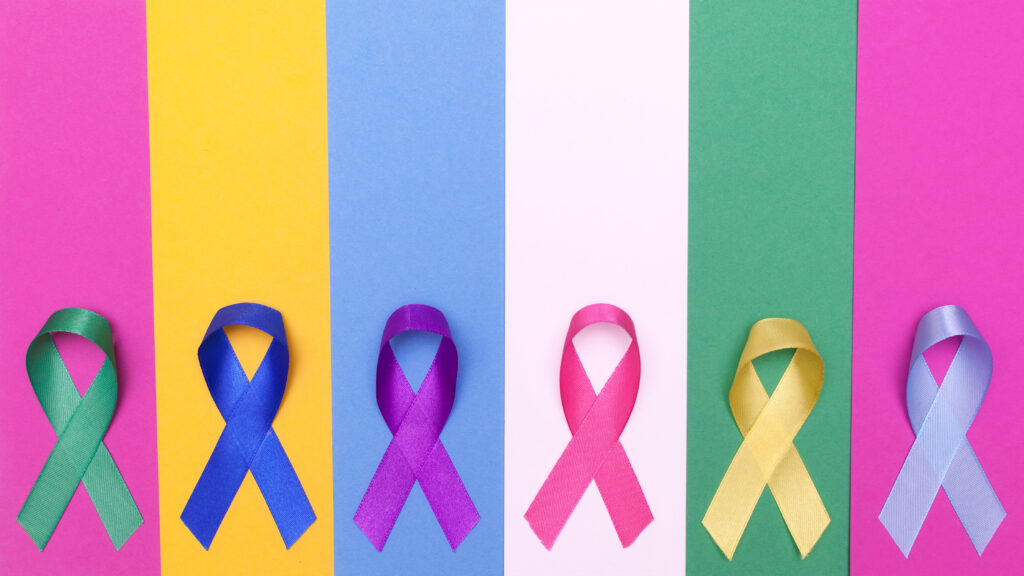What do all these things mean? Medical billing can be so complicated, and it is important to understand these terms when selecting an insurance policy and paying outstanding medical bills. Here is a breakdown of common billing terms you will encounter.
Premium: This is the amount that you, your employer, or both combined, pay monthly for your insurance plan.
Deductible: This is the amount you must pay yourself before your insurance begins to pay for services.
Co-insurance: This is a percentage of a service amount that you are responsible for.
Co-payment: This is a set amount that the patient is responsible for at each office visit.
Out of pocket max: This is the maximum amount that you are required to pay for the duration of your plan.

It is imperative that you can recognize the difference between these terms. Some common questions individuals have when they review bills from their healthcare providers are:
“Why am I getting a bill if I already met my deductible?” Meeting your deductible does not mean that you will not owe any more for the remainder of your plan. This could be attributed to multiple things such as your co-pays and co-insurance.
“I paid my co-pay when I was at my visit. Why am I getting another statement?” Most of the time, co-pays are not all you owe for office visits. If you have not met your deductible yet, you may be receiving a statement for the full amount of the office visit. If you have met your deductible, and paid your co-pay at your office visit, you may be getting a statement for 30% of the bill, which would be reflective of your co-insurance.
“This plan has an out of pocket max of $50,000. Will I have to pay that full amount if I choose this policy?” In short, NO! You may not ever reach your out of pocket maximum. The amount you pay throughout the year, aside from your premium, varies on how often you utilize healthcare services Many factors play a role in healthcare expenses annually, but an out of pocket max is not a required payment amount.
If you are struggling to choose the right insurance plan or understand your incoming bills, we can help! Give us a call to make sure you are selecting the plan that is right for you and your needs or to make sure you are not overpaying for your medical bills.











